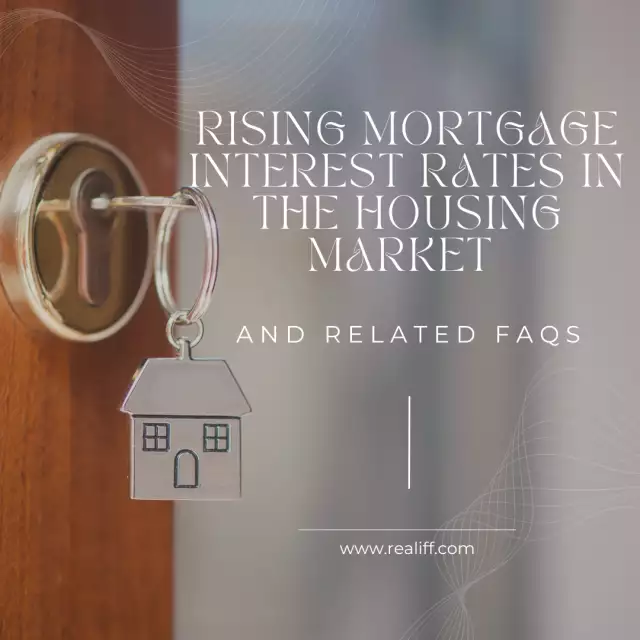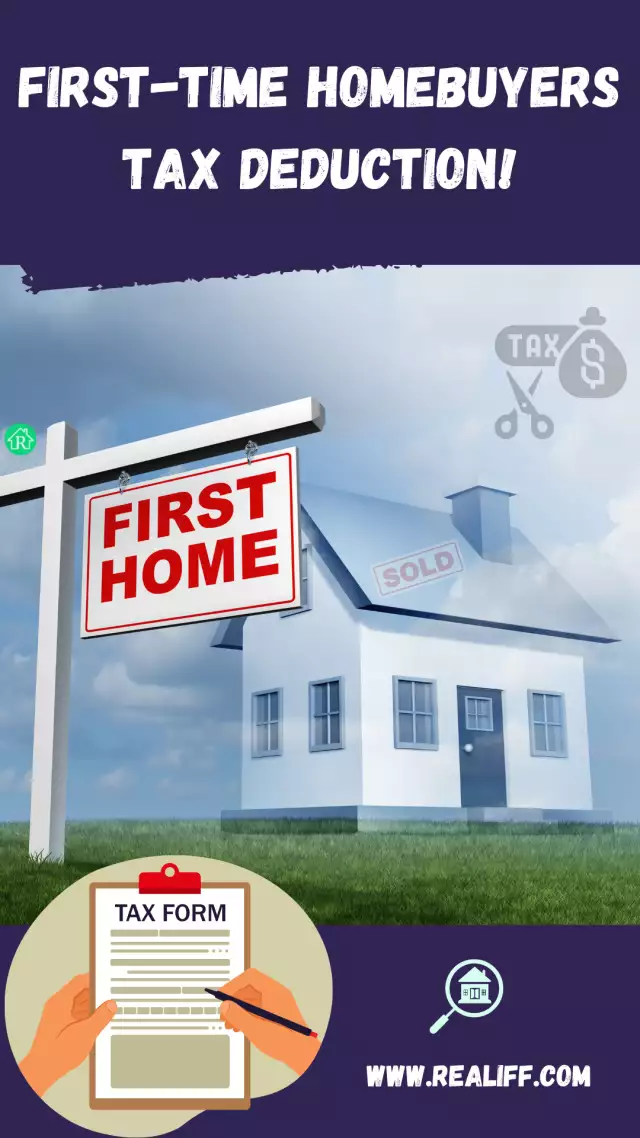The Impact of Rising Mortgage Interest Rates on First-Time Homebuyers
As a first-time homebuyer, the process of buying a home can be exciting but also overwhelming. One of the most important factors to consider is the current state of the mortgage market, specifically the interest rates. Unfortunately, interest rates have been on the rise, and this can have a significant impact on the affordability of homes for first-time buyers.
How rising interest rates affect affordability
When interest rates rise, it typically makes mortgages more expensive. This can make it more difficult for some buyers, especially first-time homebuyers, to qualify for a mortgage and can also reduce the amount of home that a buyer can afford. Higher interest rates can also increase the monthly mortgage payment, which can be a significant burden for first-time buyers who may not have a lot of extra cash on hand.
How it affects the housing market
As interest rates rise, it can lead to a slowdown in the housing market, as potential buyers may be deterred by the higher costs of borrowing money. This can lead to fewer buyers in the market, which can make it more difficult for sellers to find a buyer for their property. Additionally, as buyers may have to adjust their budgets or consider less expensive homes, sellers may need to adjust their prices in order to remain competitive in the market.
Strategies for first-time buyers
There are ways for first-time buyers to navigate the challenges of a rising interest rate market. One strategy is to save as much as possible for a down payment, as a larger down payment can help offset the higher interest rates. Another strategy is to consider adjustable-rate mortgages, which can have lower interest rates initially but can increase over time. First-time buyers should also consider working with a financial advisor or a mortgage broker to find the best options for their individual situation.
The impact on the long term
It's important for first-time buyers to consider the impact of rising interest rates on the long-term cost of their mortgage. While a higher interest rate may make the monthly payment more expensive, it can also add thousands of dollars to the overall cost of the loan over the life of the mortgage. It's important for first-time buyers to consider both the short-term and long-term impact of rising interest rates when making their home buying decision.
The impact on the rental market
As interest rates rise, it can also make renting more appealing than buying for some first-time buyers. This can lead to an increase in the demand for rental properties, which can push rental prices up. This can make it more difficult for first-time buyers to save for a down payment on a home.
Frequently Asked Questions
Q: Can rising interest rates make it impossible for me to buy a home? A: Rising interest rates can make it more difficult for some buyers to afford a home, but it doesn't necessarily make it impossible. There are still many options available to first-time buyers, such as adjustable-rate mortgages or government-backed loan programs that can help make homeownership more affordable.
Q: Will rising interest rates lead to a decrease in home prices? A: Rising interest rates can lead to a slowdown in the housing market, which can lead to an oversupply of homes and a decrease in property values. However, home prices can also be influenced by other factors such as the state of the economy, job market, and population growth.
Q: How do I know if I can afford a home with rising interest rates? A: A good rule of thumb is that your monthly mortgage payment should not exceed 28% of your gross income. You can also use online mortgage calculators to get an idea of how much home you can afford at different interest rates. It's also important to consider other expenses such as property taxes, insurance, and maintenance costs when determining your affordability. It's always a good idea to consult with a mortgage professional or a financial advisor to get a more accurate assessment of your situation.
Q: Are there any government programs available to help first-time buyers with rising interest rates? A: Yes, there are a variety of government-backed loan programs available to first-time buyers, such as FHA loans and VA loans, that can help make homeownership more affordable. These programs can have lower down payment requirements and more lenient credit score requirements.
Q: Is it better to wait until interest rates go down to buy a home? A: This is a personal decision that depends on your individual situation. Interest rates can be unpredictable, and it's impossible to know for sure when or if they will go down. It's important to weigh the potential benefits of waiting against the risks of missing out on a home you love or losing out on the opportunity to build equity. It's always a good idea to consult with a financial advisor or a mortgage professional to help you make the best decision for your situation.
In conclusion, rising mortgage interest rates can have a significant impact on first-time homebuyers. It's important for first-time buyers to understand the impact of rising interest rates on their affordability and their options. By saving as much as possible for a down payment, considering adjustable-rate mortgages and government-backed loan programs, and consulting with a professional, first-time buyers can still find ways to make homeownership a reality even in a rising interest rate market.





